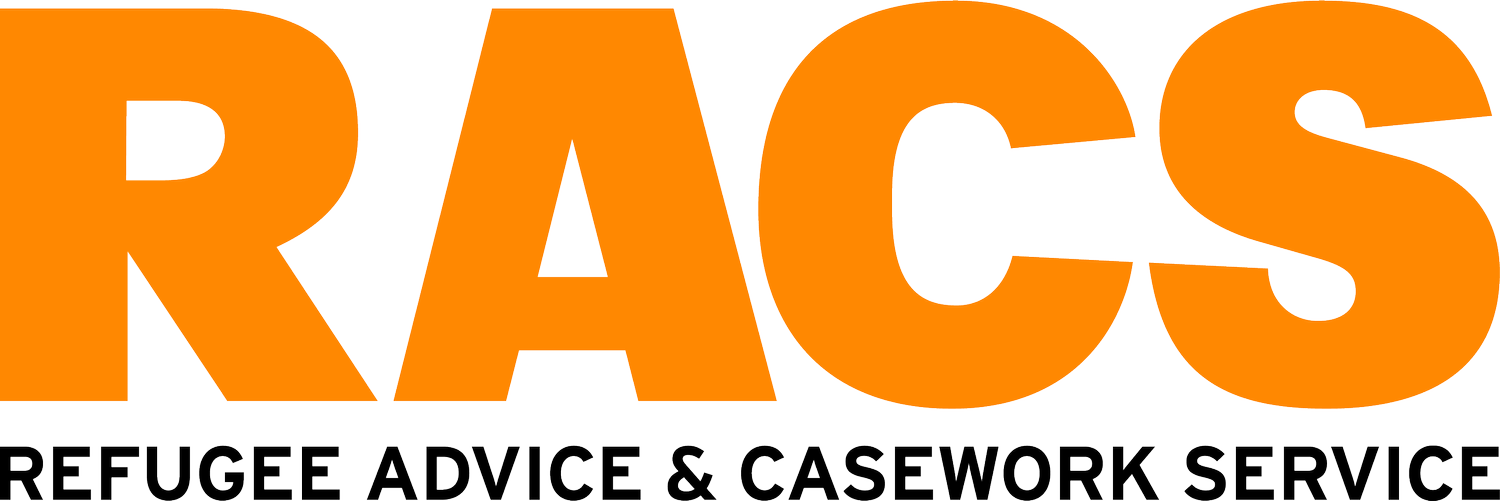Introducing Katie Wrigley: RACS' New Supervising Senior Solicitor
Katie Wrigley, RACS Senior Supervising Solicitor (right) with Sarah Dale RACS Centre Director and Principal Solicitor
We'd like to introduce you to Katie Wrigley, RACS' new Supervising Senior Solicitor! Get to know Katie, who will be managing our LGBTQI+ Safety Program, in the Q&A below
When did you realise you wanted to be a lawyer, and what motivated you?
When I was studying arts, I was actually charged with a criminal offence – I was spray-painting ads one night with my uni feminist collective mates when we were apprehended. The lawyer at the SRC helped me get the charges dropped. I was impressed by how she worked. Afterwards I spoke to her about her background and training, and I decided to transfer to law. She retired last year but before that I would occasionally see her around the traps, and she would always give me a big hug.
What is your role at RACS?
Fun-bringer. Healer. Supervising Senior Solicitor.
Take us through a "day-in-the-life" of your role.
Wake up. Commute to work. Talk to clients through interpreters and take notes. Draft statements and submissions. Talk with lawyers about their cases. Go to a Departmental interview or Tribunal hearing with a client. Win my cases. Commute from work. Drink wine with my cat. I like to get as much as I can done in a day.
What is your legal specialty?
I’ve worked in social security and migration law for over 20 years. But I think I would say my legal specialty is helping people be understood.
And lastly, a very important question: coffee or tea?
Tea for me is undrinkable. Tea was what we had to drink in Australia before the Italians and Greeks got here. Coffee is life! in all its forms: good quality coffee, but I also love a bogan instant coffee. I love Moccona, I love a $2 servo coffee, I love going for a walk to get a proper coffee, I love a stovetop coffee. I love a coffee at 3pm when everyone else is saying “no not after midday”. Too much coffee? – I don’t know her.
There are barriers that can exist as to why government bodies can’t understand why a person has done something or why their life has gone in a certain direction. What’s common about all the jobs I’ve worked in, is that I’m essentially asking a person more about that, with a view to explaining things on paper in English to a government body, so that their experience can be properly understood.


